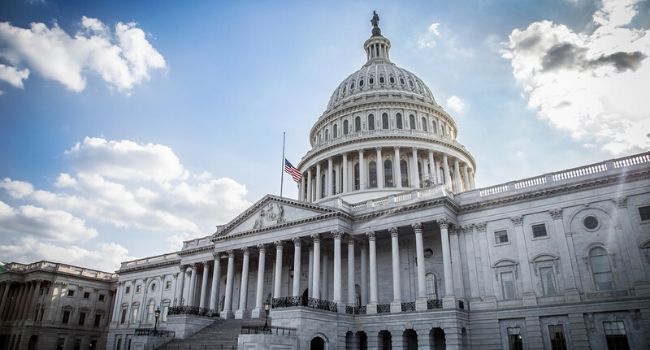
New Bill Would Update Children’s Online Privacy Law In Wake Of YouTube, TikTok Controversies
The bipartisan measure would allow parents to delete information collected by companies about their kids and raise the age of parental consent protection from 13 to 16.
- By Haley Samsel
- Jan 13, 2020
While child privacy cases have been successfully brought against TikTok and YouTube for collecting the personal information of children, advocates have argued that the Children’s Online Privacy Protection Act (COPPA) is not equipped to handle the challenges of data privacy today. The law took effect in 2000, before the creation of social media sites and smartphones that allow kids to go online in an instant.
Now, two lawmakers in the House of Representatives have introduced a new bill that would, for the first time, allow parents to delete the information that companies have collected about their children. Reps. Bobby Rush (D-Ill.) and Tim Walberg (R-Mich.) said they were motivated to introduce the PROTECT (“Preventing Real Online Threats Endangering Children Today”) Kids Act after seeing the growing threat landscape for kids online.
“Children today are more connected online and face dangers that we could not have imagined years ago,” Walberg said in a statement. “While advancements in technology allows for many benefits, it also poses a risk for our kids.”
The current COPPA prohibits companies from collecting data on children under the age of 13 without parental permission. Under the PROTECT Kids Act, that age would be raised to 16, extending privacy protections to kids for an extra three years.
Rush and Walberg’s bill also updates categories of personal information covered by COPPA, making it illegal for companies to collect precise geolocation information and biometric information without parental consent. The language of the bill also seeks to clarify that mobile apps are also covered by COPPA in addition to websites and online services.
If adopted, the law would likely affect companies like YouTube and TikTok that rely on children’s eyeballs to make enormous profits. The Federal Trade Commission fined YouTube $170 million and banned the company from running “targeted ads on videos the agency could deem child-friendly,” The Verge reported. The PROTECT Kids Act would only increase the pressure on the agency to not target children for advertising and protect data collected on them.
But while the new legislation is similar to a Senate bill introduced by Sens. Josh Hawley and Ed Market, there is one difference in their approach to enforcing COPPA. Hawley and Markey would revise the requirement that a company can only be found in violation of COPPA if there is evidence that they knew children were using their site.
Under the Hawley-Markey bill, companies could be found in violation of the law even if they claim to have not known kids were using their site because “due diligence” would show that children could access it, according to The Verge.
The PROTECT Kids Act would not change the standard, instead requiring the FTC to study the “actual knowledge standard” currently in place and report recommendations to Congress.
About the Author
Haley Samsel is an Associate Content Editor for the Infrastructure Solutions Group at 1105 Media.